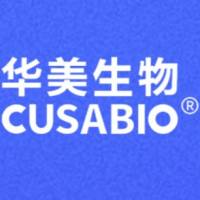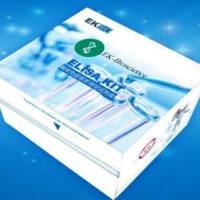Preclinical models are needed to investigate the neuro- and psycho-biology of binge eating (BE) and to identify innovative pharmacotherapeutic strategies. A new model, based on the combination of cyclic caloric restriction and acute stress, has been recently developed in our laboratory to induce BE of highly palatable food (HPF) in female rats. Rats were exposed to three cycles of food restriction/refeeding and then stressed on the test day. Acute stress was elicited by exposing rats to HPF, but preventing them from accessing it for 15 min. This experimental procedure induces a marked binge-type intake of HPF. Interestingly, in this model BE does not occur during the estrus phase of the ovarian cycle; if data from female rats in estrus are not included in the statistical analysis, the variability of the BE response is very low. Topiramate, sibutramine, and fluoxetine potently inhibited HPF intake in this model, providing evidence for its predictive validity. The model has been used to investigate the effect of drugs targeting stress mechanisms. The corticotrophin-releasing factor (CRF)-1 receptor antagonist R121919 selectively inhibited BE, indicating that CRF is involved in the BE response. Its effect is likely exerted in extra-hypothalamic sites rather than in hypothalamic sites controlling the hypothalamic–pituitary–adrenal axis. In addition, orexin-1 receptor antagonists selectivity inhibit BE; studies are under way to evaluate whether their effects are related to influences on stress or on reward mechanisms. This preclinical model appears to be highly reliable and reproducible; it may represent a valid model to identify novel pharmacological treatments of BE disorder and bulimia nervosa.






